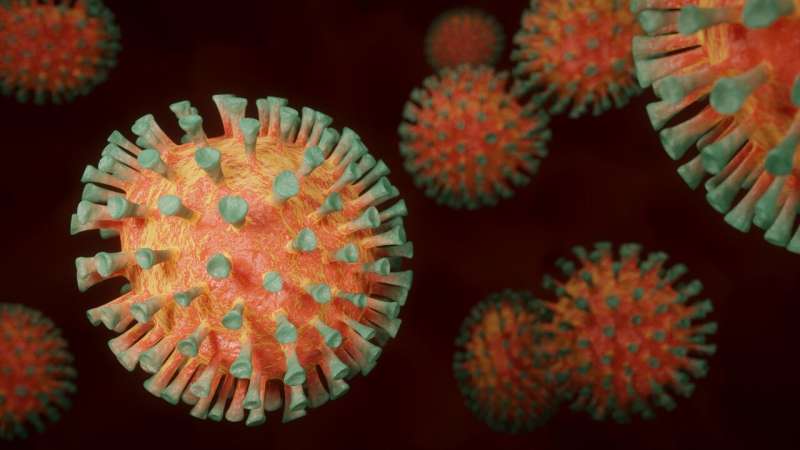
A same-day test has been shown to successfully identify secondary infections for patients on intensive care in hours rather than days, according to research from Guy’s and St Thomas’.
The DNA sequencing based test was evaluated by doctors in the intensive care unit (ICU) at St Thomas’ Hospital with 34 ICU patients during the first COVID-19 pandemic wave.
The study showed how this rapid test will ensure patients get the right antibiotic faster, while also minimising unnecessary antibiotic prescriptions to reduce the risk of antimicrobial resistance. The tests were evaluated for COVID-19 patients and shown to identify both bacterial and fungal infections and identify outbreaks with resistant bacteria within 24 hours.
This research can now be moved into clinical service this winter for COVID-19 and influenza patients on ICU to demonstrate the full benefit of nanopore technology embedded in an NHS setting. This is particularly important for COVID-19 patients who are highly susceptible to secondary infection and outbreaks.
The research was conducted at Guy’s and St Thomas’ in collaboration with researchers from King’s College London and the Quadram Institute. It is published in Genome Medicine.
When critically ill patients are cared for in the ICU, doctors take deep samples from their lungs. Currently, these samples are often sent to multiple labs where different bacterial and fungal cultures are set up alongside other complex molecular tests. Initial results take two to four days to return. During this time the patient often remains on standard antibiotic treatment, some of which may be unnecessary. In other patients, the treatment may be ineffective, as the bacteria has resistance genes to the standard antibiotics.
Professor Jonathan Edgeworth, Director of the Centre for Clinical Infection and Diagnostics Research (CIDR) and Medical Director of Viapath, led the research. He said: “As soon as the pandemic started, our scientists realised there would be a benefit to sequencing genomes of all bacteria and fungi causing infection in COVID-19 patients while on ICU. Within a few weeks we showed it can diagnose secondary infection, target antibiotic treatment and detect outbreaks much earlier than current technologies—all from a single sample. This will revolutionise our approach to prevention and treatment of serious infection on ICU and we now plan to offer it as a clinical service for COVID-19 and influenza patients this coming winter.”
The new same-day service uses cutting edge Nanopore sequencing technology to identify all bacterial and fungal pathogens present in patients’ samples, as well as any resistance genes present. The advance means that unnecessary treatment can be reduced, and patients can benefit from starting the right treatment sooner.
The following day, the same test provides enough genetic sequence to compare pathogen genomes with a database that accurately identifies patients carrying the same strain so outbreaks can be detected at the very start. This is the first time this combined benefit of a single test has been demonstrated.
This ground-breaking service was made possible through funding from the NIHR Guy’s and St Thomas’ Biomedical Research Centre, and a partnership between Kings College London; Viapath; the Quadram Institute in Norwich; Oxford Nanopore Technologies and Guy’s and St Thomas’.
Gordon Sanghera, CEO Oxford Nanopore said: “Rapidly characterising co-infections for precision prescribing is a vital next step for both COVID-19 patients and respiratory disease in general. This year we’ve seen an amazing response from the research community using Oxford Nanopore’s sequencing technology to gain rapid insights into many aspects of COVID-19—from genomic epidemiology to testing and now co-infections. It’s a privilege to see such rapid innovation, huge congratulations to the team.”
Source: Read Full Article
